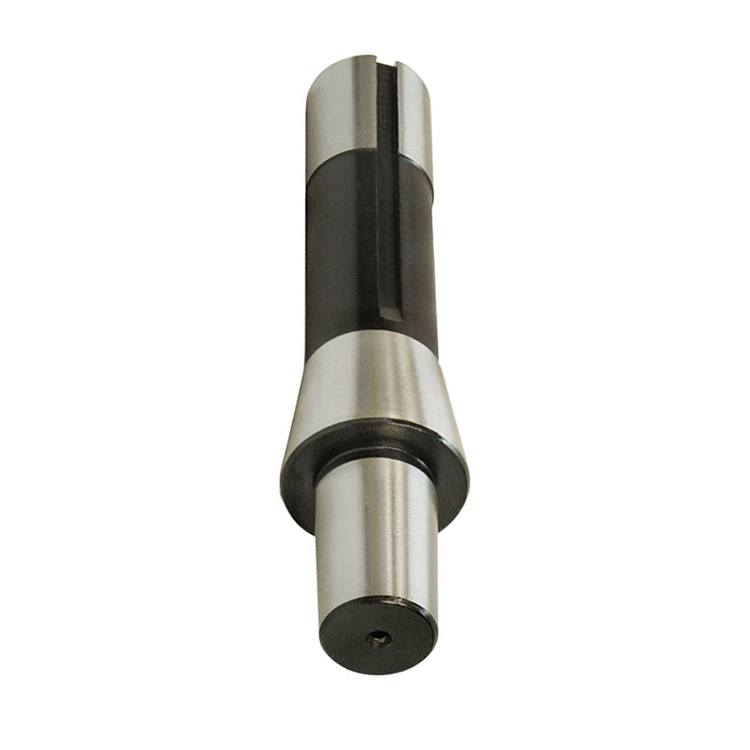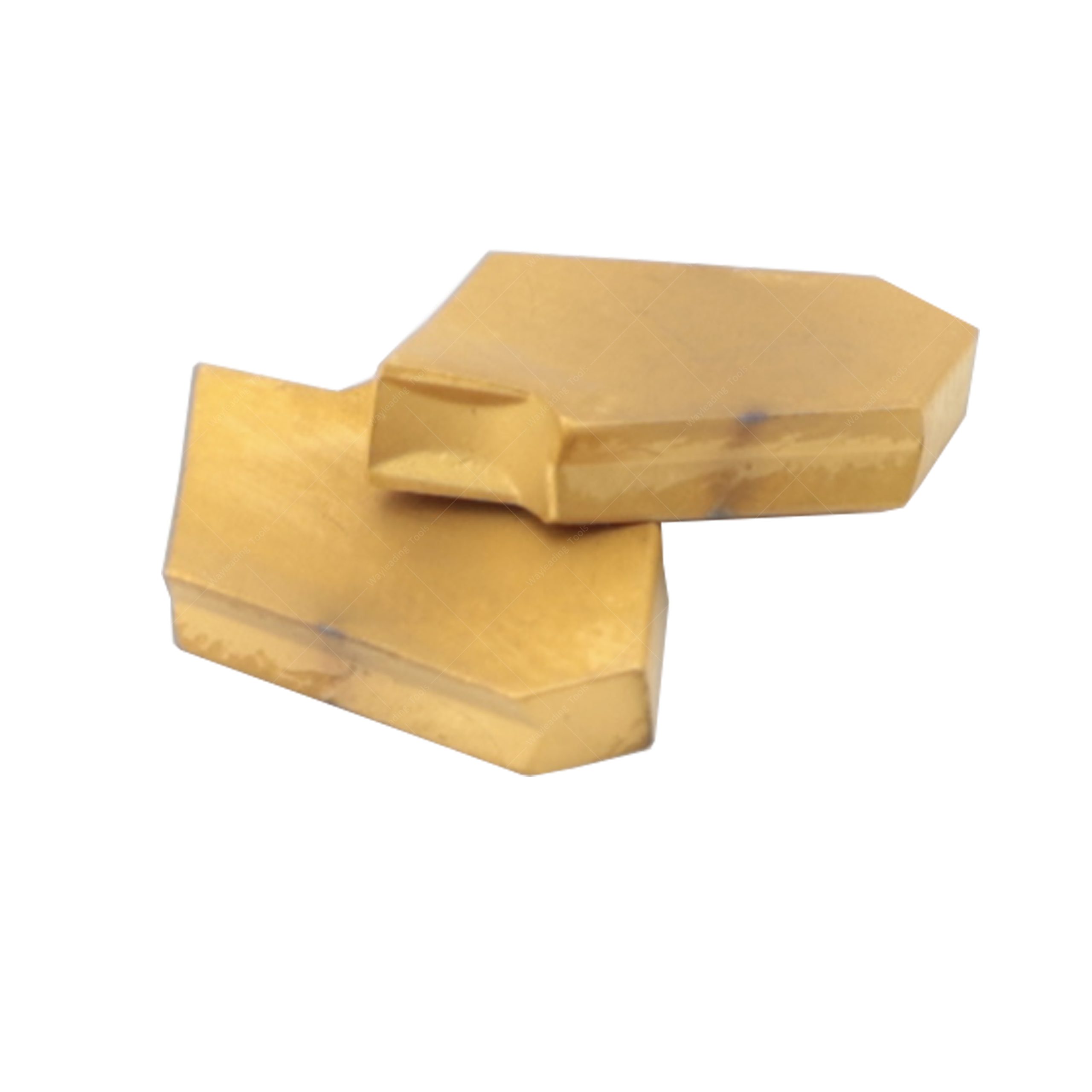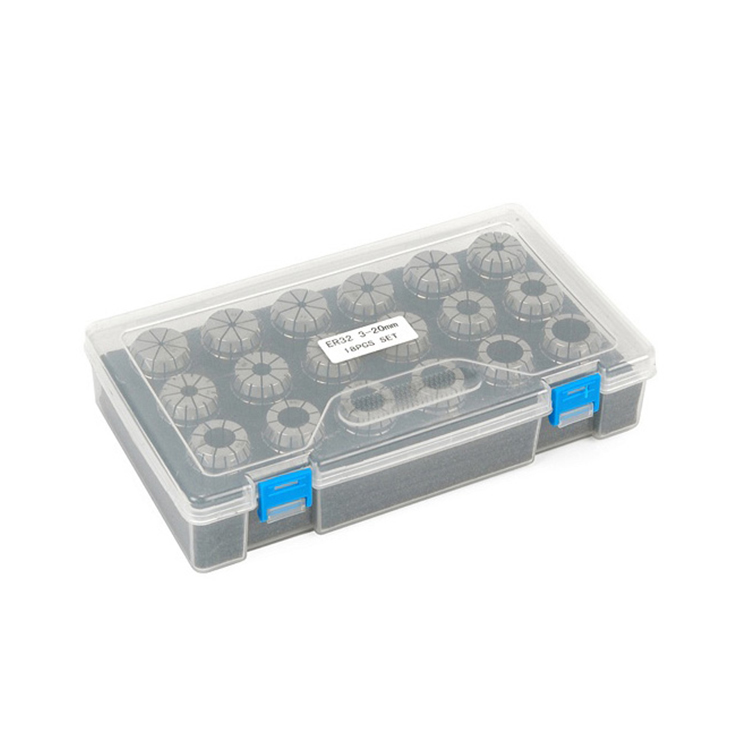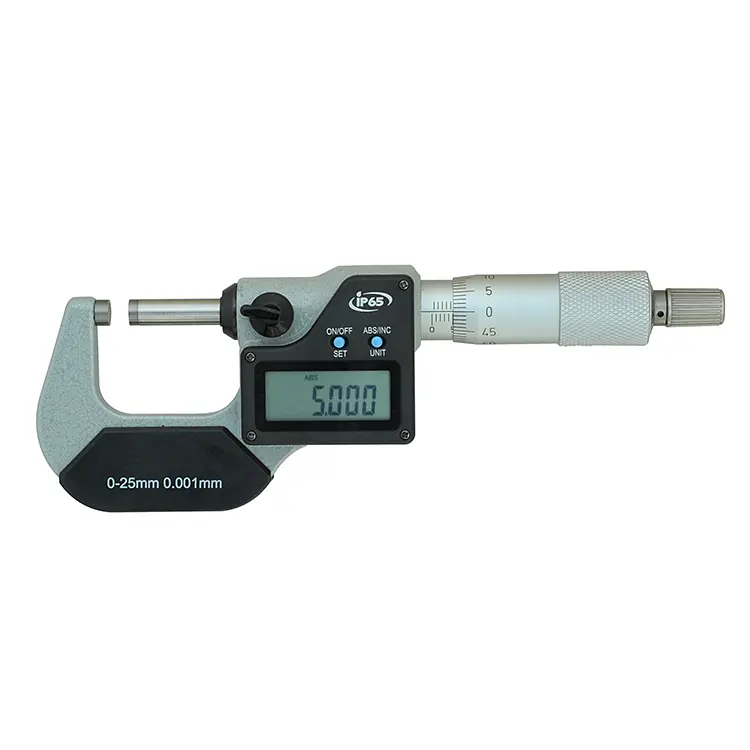High-Quality thread mills
High-quality thread mills are essential tools for creating precise and durable threads in a variety of materials. Selecting the right thread mill involves understanding factors like material compatibility, thread size, coating, and manufacturer reputation to ensure optimal performance and longevity.
Understanding Thread Mills
What are Thread Mills?
Thread mills are cutting tools used to create internal and external threads in a single pass. Unlike taps and dies, thread mills use a helical interpolation motion, rotating around the hole or workpiece while simultaneously moving vertically. This allows for precise thread creation and greater flexibility in thread size and depth.
Advantages of Using Thread Mills
Choosing thread mills over traditional tapping methods offers several advantages:
- Versatility: A single thread mill can produce various thread sizes and depths.
- Precision: Helical interpolation provides accurate and consistent threads.
- Material Compatibility: Suitable for a wide range of materials, including hardened steels, stainless steel, and aluminum.
- Reduced Tool Breakage: Lower risk of breakage compared to taps, especially in blind holes.
- Improved Thread Quality: Produces clean, burr-free threads.
Factors to Consider When Choosing Thread Mills
Material Compatibility
The material of your workpiece is a crucial factor in selecting the right thread mill. Different materials require different cutting geometries and coatings.
- Steel: High-speed steel (HSS) or carbide thread mills are suitable for general steel applications.
- Stainless Steel: Carbide thread mills with a TiAlN coating offer excellent wear resistance.
- Aluminum: Thread mills with a polished or uncoated surface prevent material build-up.
- Hardened Steel: Solid carbide thread mills with high heat resistance are necessary.
Thread Size and Pitch
Ensure the thread mill is designed for the specific thread size and pitch you need to create. Refer to the manufacturer's specifications for recommended parameters.
Coating
Coatings enhance the performance and lifespan of thread mills.
- TiAlN (Titanium Aluminum Nitride): Excellent for high-temperature applications and stainless steel.
- TiCN (Titanium Carbonitride): Offers good wear resistance and is suitable for general-purpose threading.
- AlTiN (Aluminum Titanium Nitride): Provides superior hardness and heat resistance.
- Uncoated: Best for aluminum and non-ferrous materials to prevent material adhesion.
Number of Flutes
The number of flutes affects the cutting performance and chip evacuation. More flutes provide a smoother finish but can reduce chip clearance. Typically, thread mills have 2-4 flutes.
Shank Diameter
Ensure the shank diameter of the thread mill is compatible with your machine's tool holder.
Top High-Quality Thread Mill Brands
Several reputable brands offer high-quality thread mills. Here are a few well-regarded options:
- [Wayleading Tools](www.wayleading.com): Offers a wide range of thread mills for various materials and applications, known for their durability and precision.
- Emuge-Franken: Known for their innovative designs and high-performance thread mills.
- Vargus: A leading manufacturer of threading tools, including thread mills with advanced geometries.
- Carmex Precision Tools: Offers a comprehensive selection of thread mills for different industries.
Choosing the Right Thread Mill: A Step-by-Step Guide
- Identify the Thread Type: Determine the thread standard (e.g., ISO metric, UNC, UNF).
- Determine the Material: Select a thread mill compatible with your workpiece material.
- Choose the Correct Size: Match the thread mill size to the desired thread diameter and pitch.
- Select the Appropriate Coating: Choose a coating based on the material and cutting conditions.
- Consider the Machine: Ensure the thread mill is compatible with your machine's specifications and capabilities.
Thread Mill Application Examples
Example 1: Threading Stainless Steel Components
For threading stainless steel components, a solid carbide thread mill with a TiAlN coating is an excellent choice. These coatings provide high heat resistance and reduce friction, ensuring a clean and accurate thread.
Example 2: Threading Aluminum Parts
When working with aluminum, uncoated carbide thread mills are preferred. The lack of coating prevents material build-up, resulting in smoother threads and longer tool life.
Troubleshooting Common Thread Mill Issues
Poor Thread Finish
Possible causes and solutions:
- Dull Tool: Replace the thread mill with a new one.
- Incorrect Cutting Parameters: Adjust the speed and feed rates.
- Insufficient Coolant: Ensure adequate coolant flow to reduce heat and friction.
Premature Tool Wear
Possible causes and solutions:
- Incompatible Material: Use a thread mill specifically designed for the workpiece material.
- Excessive Cutting Speed: Reduce the cutting speed to minimize heat generation.
- Lack of Lubrication: Use a high-quality cutting oil or coolant.
Conclusion
Selecting the right high-quality thread mill is crucial for achieving precise and durable threads. By considering factors like material compatibility, thread size, coating, and manufacturer reputation, you can ensure optimal performance and longevity. Whether you're working with steel, stainless steel, aluminum, or other materials, understanding the nuances of thread mill selection will lead to better results and increased productivity. And remember to consult with reputable suppliers like [Wayleading Tools](www.wayleading.com) for expert advice and a wide range of threading solutions.
Related products
Related products
Best selling products
Best selling products-
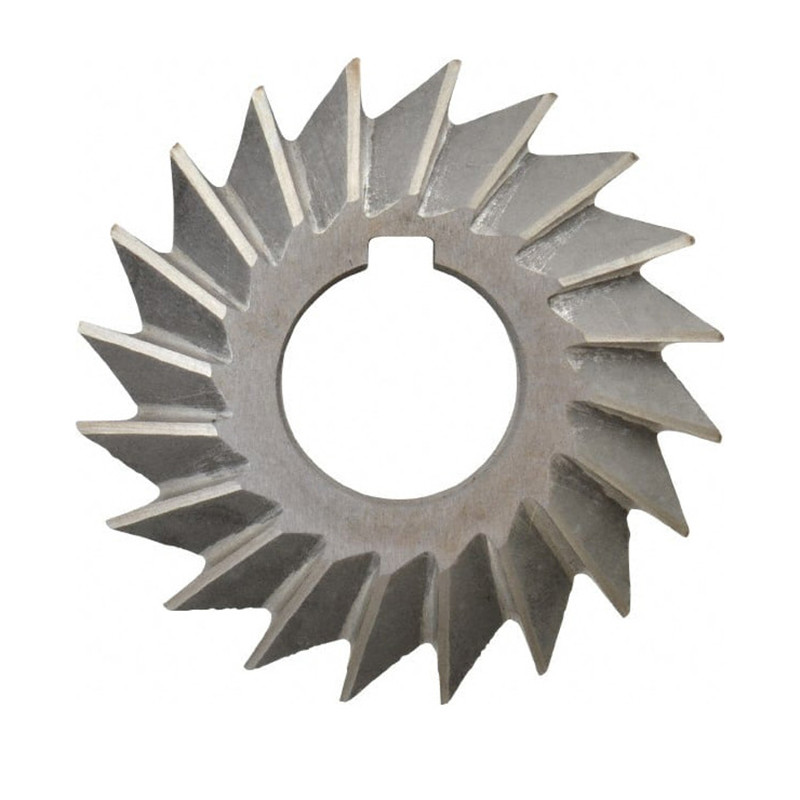 HSS Inch & Metric Single Angle Milling Cutter For Industrial With Bright Or TiN Coated
HSS Inch & Metric Single Angle Milling Cutter For Industrial With Bright Or TiN Coated -
 9PCS Broken Tap Extractor Set With Storage Box
9PCS Broken Tap Extractor Set With Storage Box -
 Digital Indicator – Precision Type, Inch/Metric, Industrial Grade
Digital Indicator – Precision Type, Inch/Metric, Industrial Grade -
 HSS Metric Square Tool Bit With Industrial Type
HSS Metric Square Tool Bit With Industrial Type -
 Precision Digital Bore Guage From 6-450mm Range
Precision Digital Bore Guage From 6-450mm Range -
 Precision V Block Set With High Quality Type
Precision V Block Set With High Quality Type -
 DIN338 HSS Twist Drill Bit Fully Ground Or TiN Coated
DIN338 HSS Twist Drill Bit Fully Ground Or TiN Coated -
 Precision 10pcs & 12pcs Angle Blocks Set With High Quality Type
Precision 10pcs & 12pcs Angle Blocks Set With High Quality Type -
 Straight Shank ER Collet Chuck Holders With Extending Rod
Straight Shank ER Collet Chuck Holders With Extending Rod -
 Vernier Height Gauge With Magnifier With Adjustable Main Bean
Vernier Height Gauge With Magnifier With Adjustable Main Bean -
 Parting & Grooving Tool Set With SLTB Blcok, NCIH Blades, GTN Inserts
Parting & Grooving Tool Set With SLTB Blcok, NCIH Blades, GTN Inserts -
 HSS Keyway Broach With Metric And Inch Size, Push Type
HSS Keyway Broach With Metric And Inch Size, Push Type


